Melania Trump begins to embrace new role as First Lady
Sun 12 Mar 2017, 13:40:00
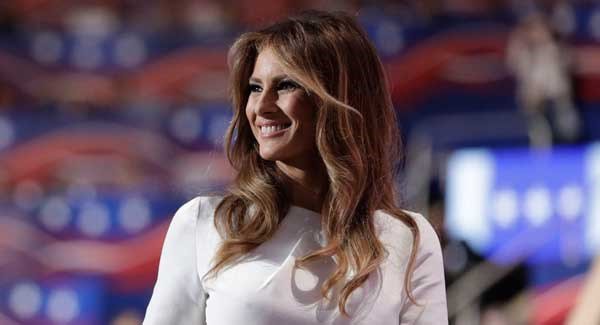
Melania Trump's invitation to high-powered women to join her for lunch at the White House was about more than honouring International Women's Day.
It marked a "coming out", almost two months into President Donald Trump's term, for a First Lady described by her husband as a "very private person".
She had spent a couple of weeks lying low at the family's Manhattan penthouse while Mr Trump got down to work in Washington. Now, the former model is taking her first steps into her very public new role.
Mrs Trump strode into the State Dining Room for her first solo White House event after an announcer intoned: "Ladies and gentlemen, the First Lady of the United States, Melania Trump."
She was greeted by an all-female group of about 50 people, including ambassadors, Cabinet members, at least one US senator and stepdaughter Ivanka Trump.
Mrs Trump asked guests for suggestions on how best to empower women and girls worldwide, possibly foreshadowing women's empowerment as an issue she would pursue as First Lady. The president said recently that his wife, who turns 47 next month, feels strongly about "women's difficulties".
"I will work alongside you in ensuring that the gender of one's birth does not determine one's treatment in society," she told guests, according to a tweet by a White House official.
The White House allowed a small pool of journalists to watch as guests and the First Lady arrived for Wednesday's lunch, but they were ushered out as Mrs Trump began to speak. The White House press office promised to distribute the text of her prepared remarks after the event, but a transcript has not been released.
In recent weeks, Mrs Trump helped plan their first big White House social event, an annual, black-tie dinner for the nation's governors. She followed up with a trip the next day to Mount Vernon, George Washington's estate in Virginia, where she was hosted by the governors' spouses.
The First Lady has made other quiet appearances, watching her husband sign legislation and executive orders, and accompanying him to the Capitol for a speech to Congress.
She took her counterparts from Japan and Israel on cultural outings and quickly learned the burden of new scrutiny and protocol when she was criticised for not being at the White House to greet the Japanese prime minister's wife.
Instead, Mrs Trump met the president, Shinzo Abe, and his wife, Akie, at Joint Base Andrews in Maryland for an Air Force One flight to Florida. Mr Trump treated Mr Abe to a weekend at his estate in Palm Beach, Florida. Mrs Trump then took Mrs Abe on a tour of a nearby Japanese garden.
"We see her physical presence," said Jean Harris,
professor of political science and women's studies at the University of Scranton in Pennsylvania.
professor of political science and women's studies at the University of Scranton in Pennsylvania.
All First Ladies go through an adjustment period as they figure out how to handle one of the most unforgiving roles in American political life. Unlike many of Mrs Trump's predecessors, who were politically experienced through marriage to governors or members of Congress, she is married to a lifelong businessman who never held elective office until he became president.
Complicating her White House launch is the couple's decision for the First Lady to continue living at Trump Tower until their 10-year-old son, Barron, finishes the school year. She is not expected to live full-time at the White House for at least several more months, leaving Mr Trump largely on his own and without a traditional source of moral support.
Mrs Trump has also been slow to staff the East Wing of the White House, where the First Lady's office is based. She so far has named only a social secretary and a chief of staff. The president has said he does not want to fill hundreds of government vacancies because they are "unnecessary", which could include the East Wing.
And the slow pace of building her staff could be complicating operations.
It is customary for the White House Visitors Office to close temporarily during a change in administration since political appointees do the work. But this year's shutdown lasted longer than usual, frustrating members of Congress who are responsible for distributing White House public tour tickets to constituents. Tours resumed earlier this week after a more than six-week pause.
Speculation about whether the Trumps would continue the annual Easter Egg Roll on the South Lawn had been mounting until they announced this week that it will be held on April 17.
The First Lady's popularity has risen 16 percentage points since her husband's inauguration on January 20, according to recent polling by CNN, climbing to 52% from 36%.
Kate Andersen Brower, author of First Women, said the public sees Mrs Trump as a calming force and as someone who has embraced being a mother.
"She's really the polar opposite of him," she said, noting that the First Lady barely tweets, unlike her husband's daily Twitter habit.
Mrs Trump also had not been seen in public for several weeks after the inauguration, whereas the president appears on camera most days of the week.
"I think most people find it endearing that she doesn't crave the spotlight in a way that he clearly does," Ms Brower said.
Prof Harris said the public is giving Mrs Trump "a little bit of a honeymoon period" but predicted the mood will change if she does not move to the White House.
No Comments For This Post, Be first to write a Comment.
Most viewed from International
Most viewed from World
AIMIM News
Latest Urdu News
Most Viewed
May 26, 2020
Where should be the burial of the pilgrims martyred in the Saudi Arabia bus accident?
Latest Videos View All
Like Us
Home
About Us
Advertise With Us
All Polls
Epaper Archives
Privacy Policy
Contact Us
Download Etemaad App
© 2025 Etemaad Daily News, All Rights Reserved.



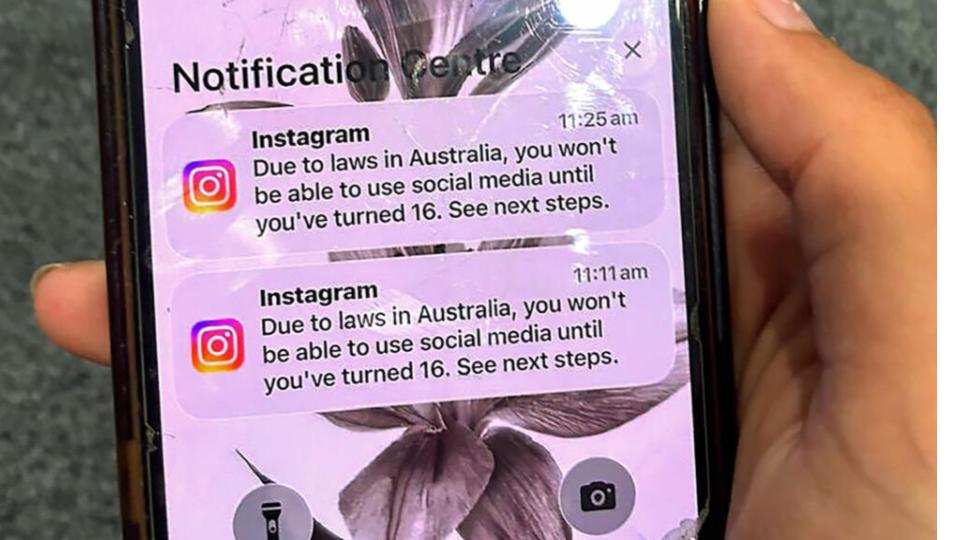
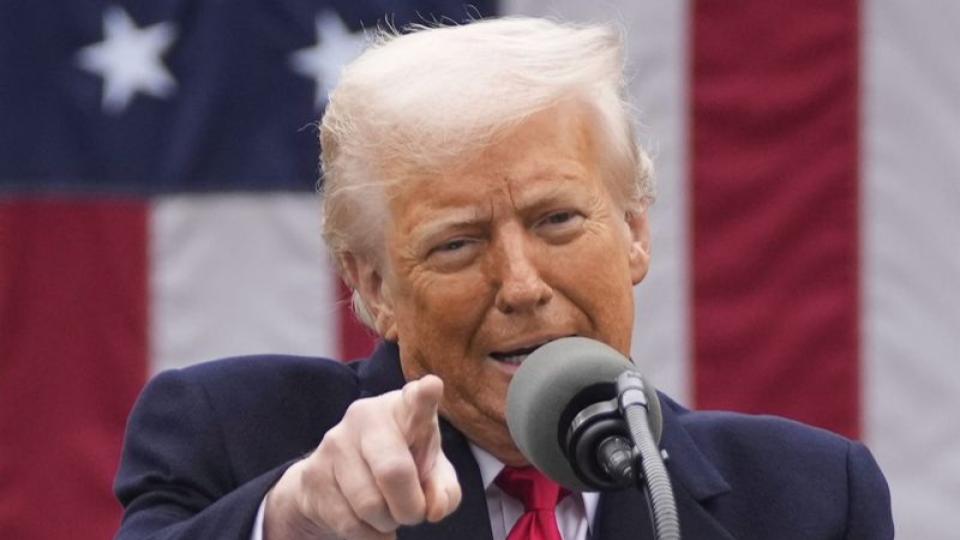
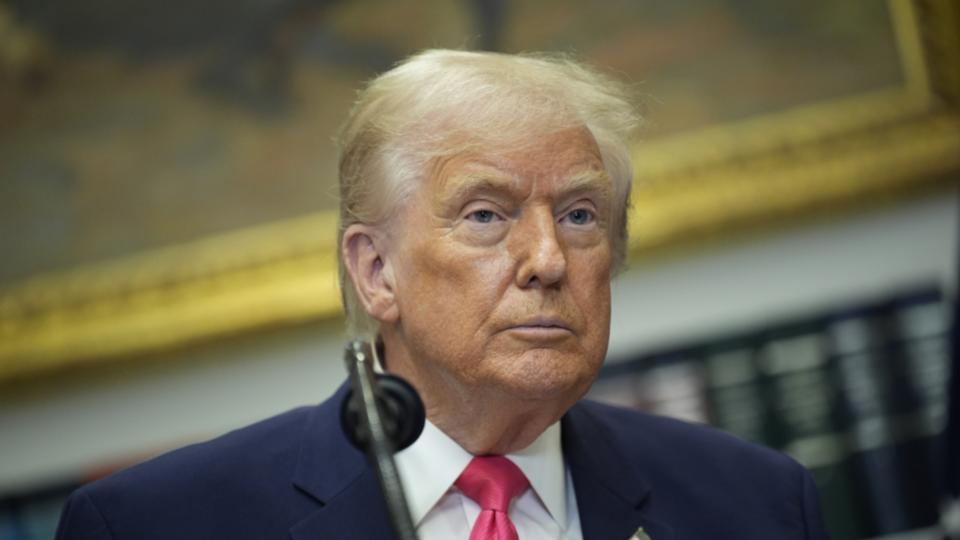
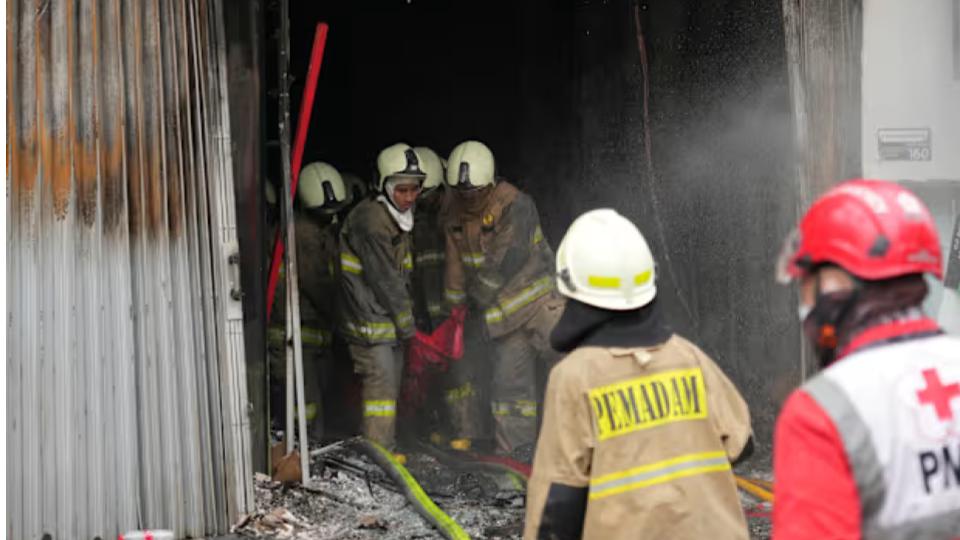

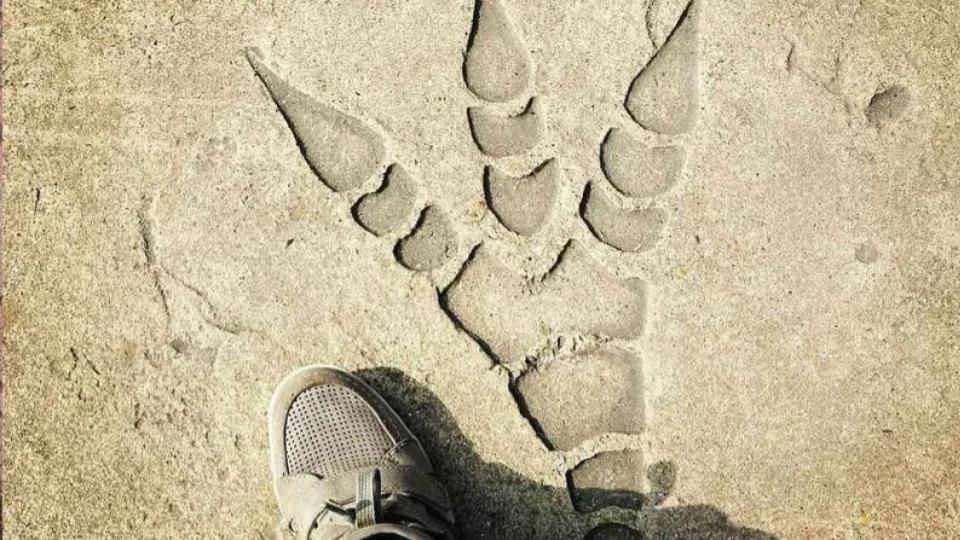
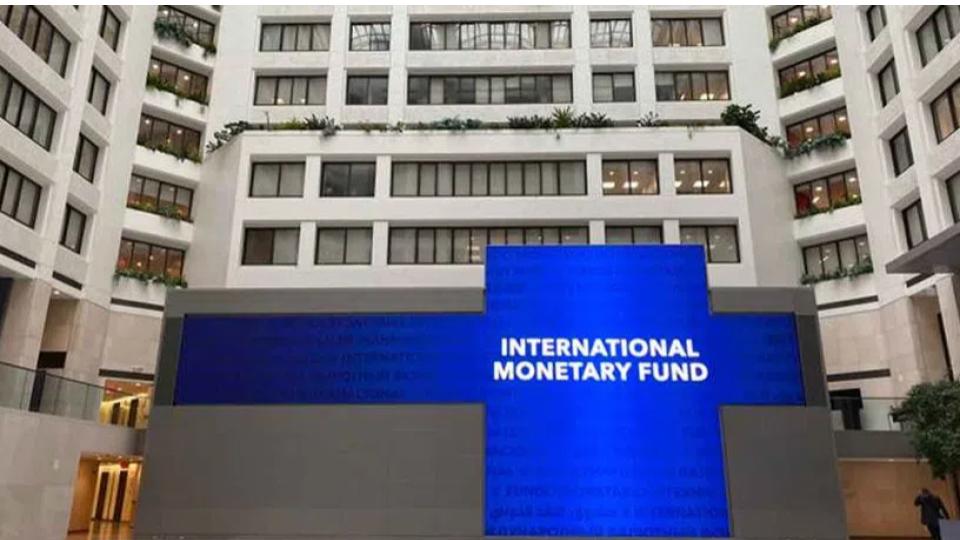
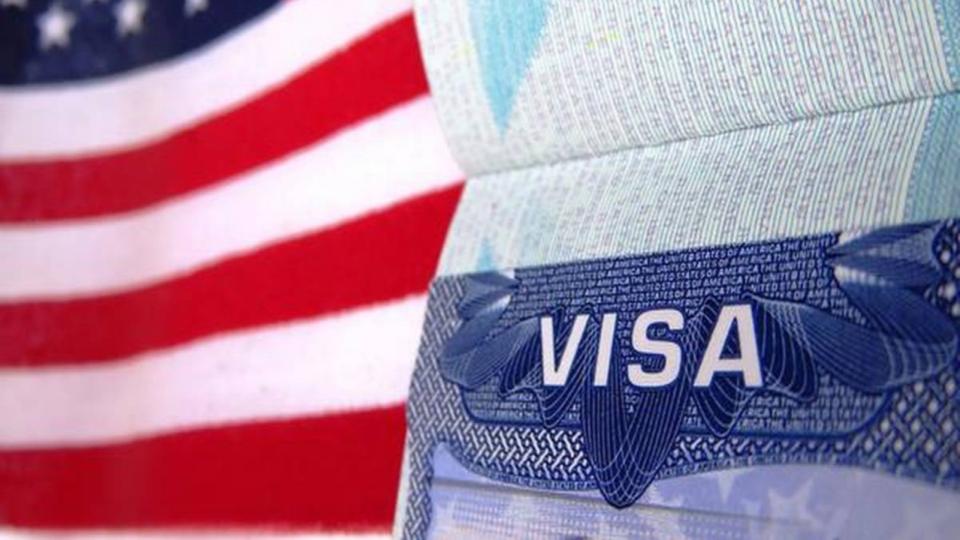


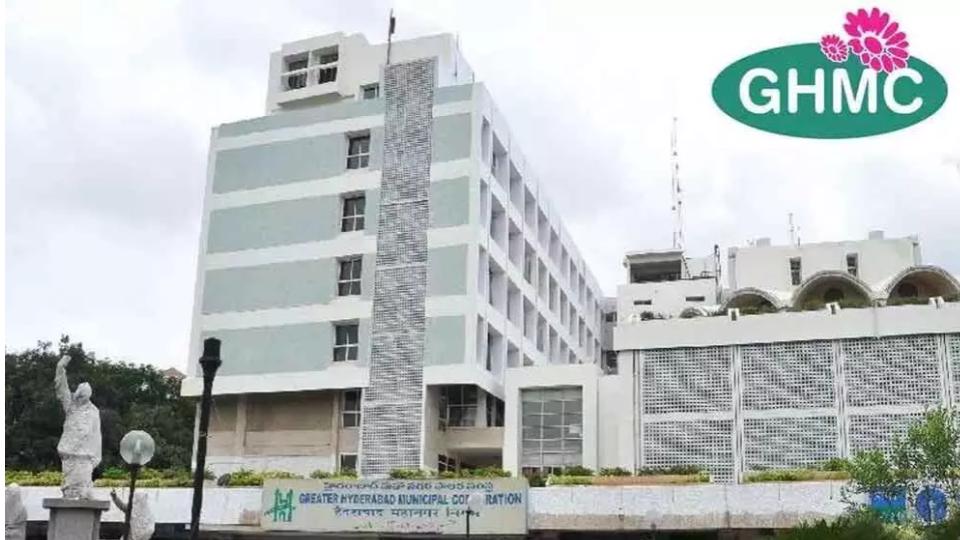

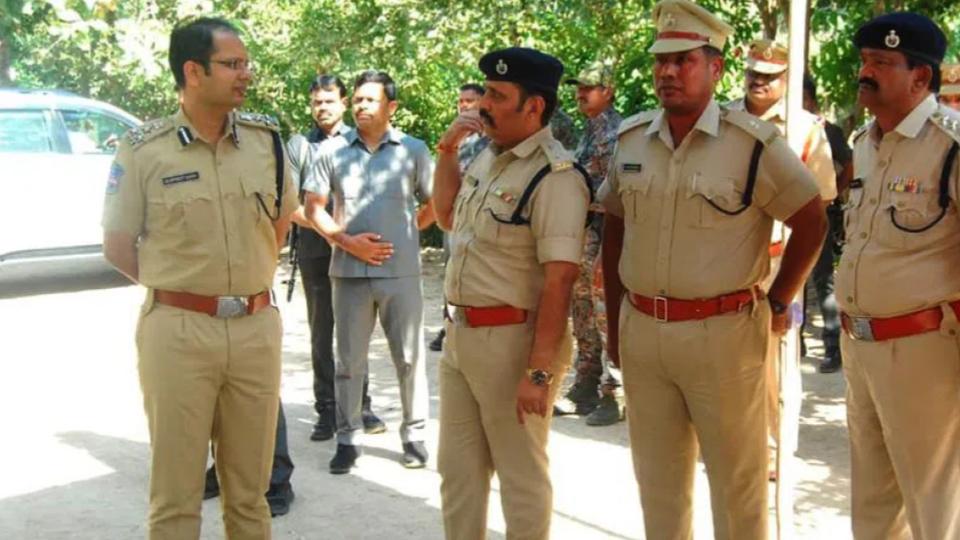
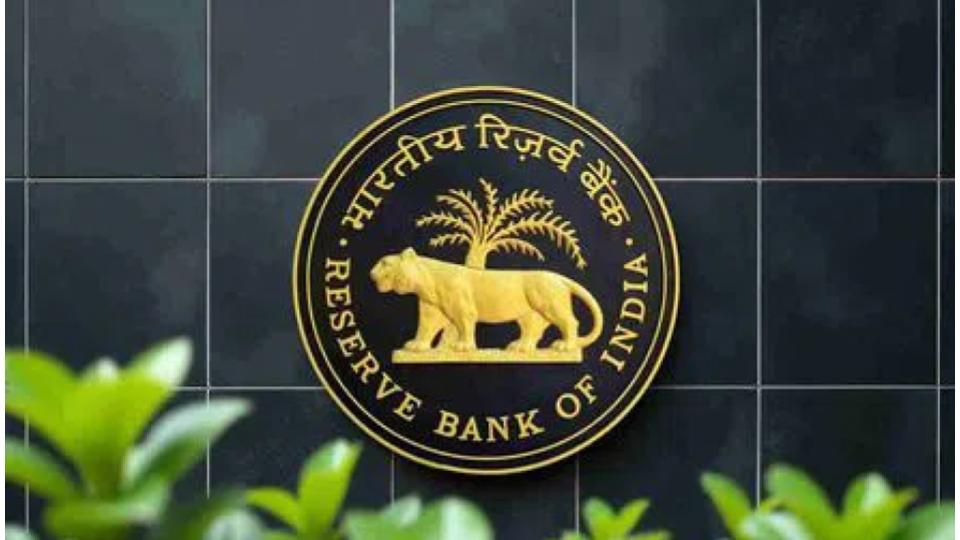
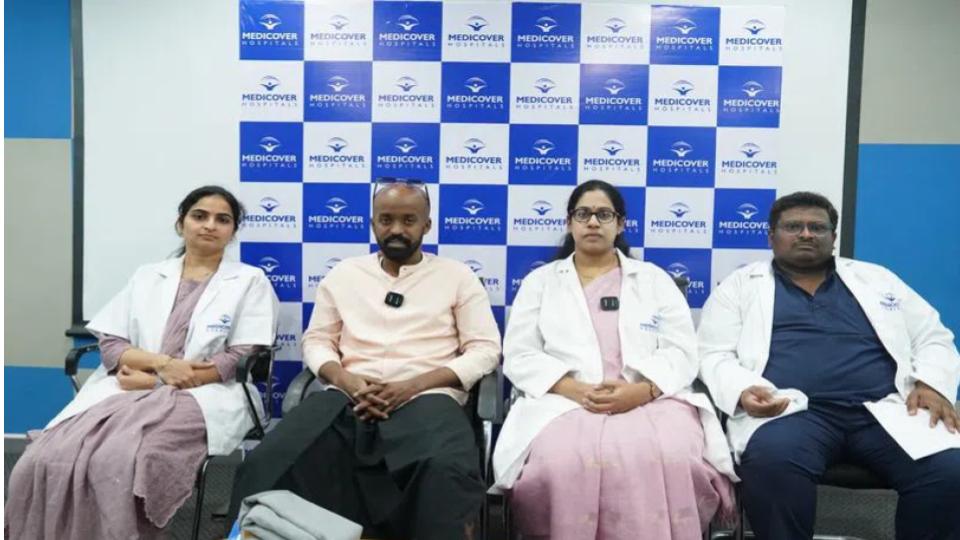
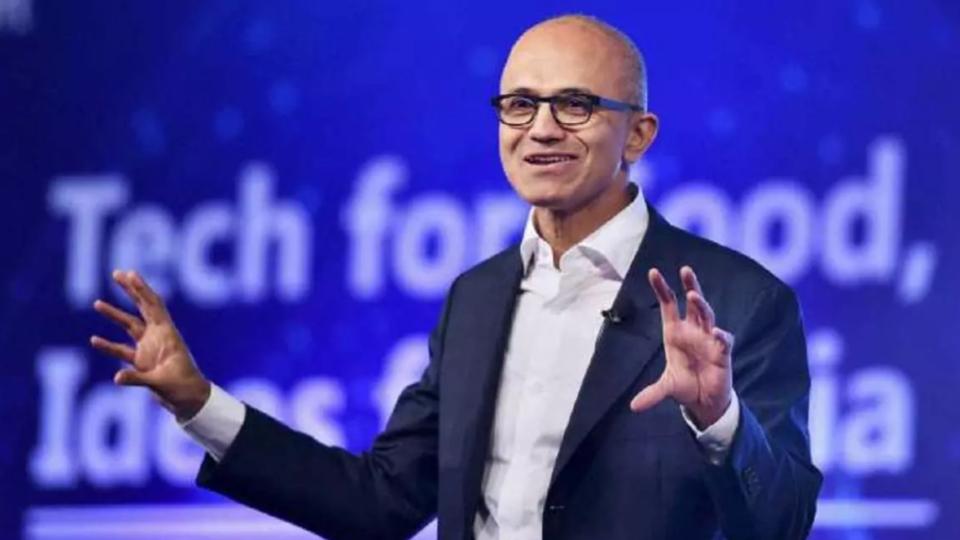
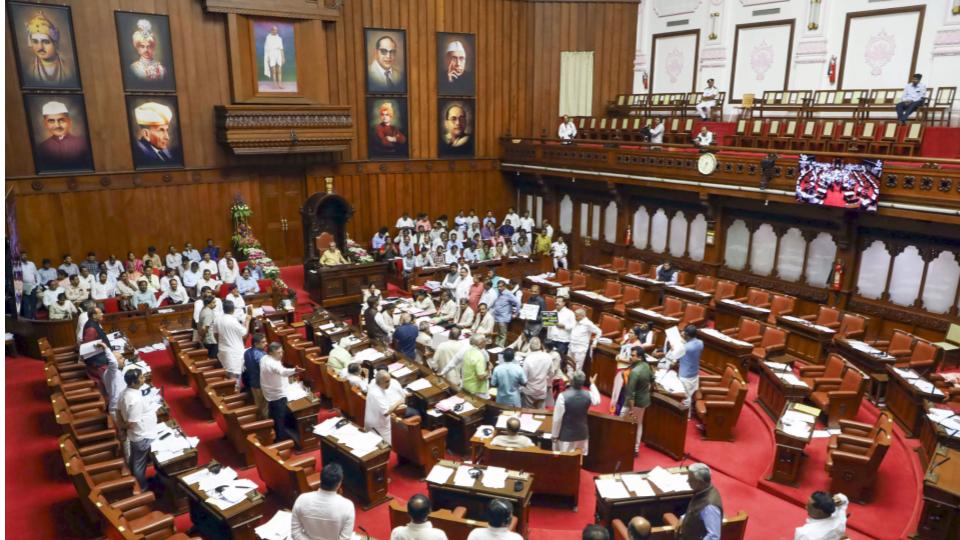
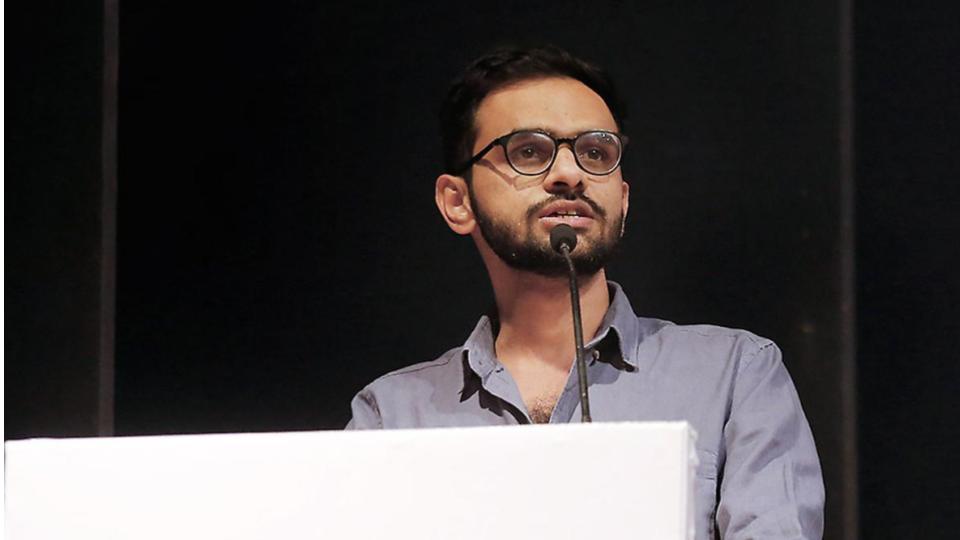

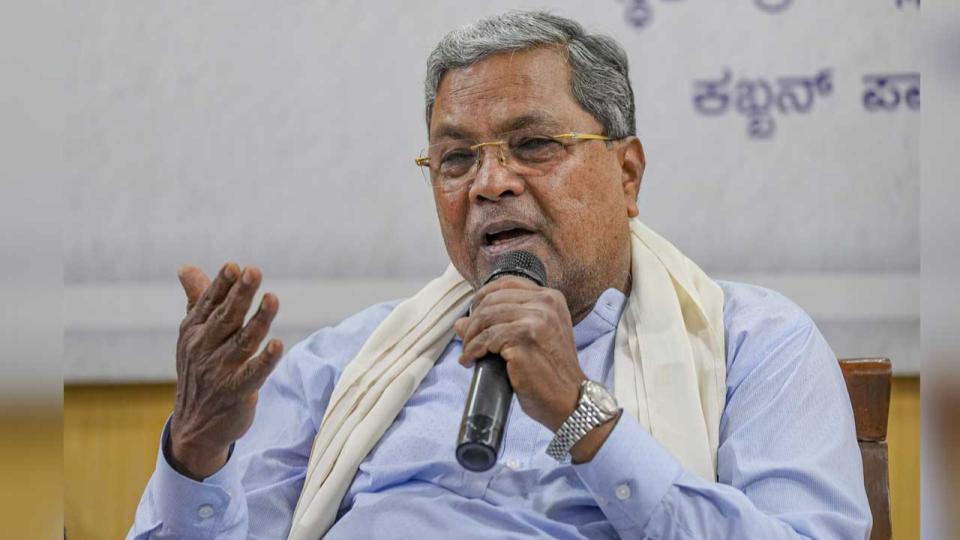



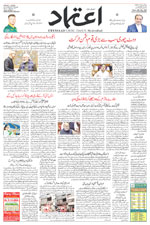









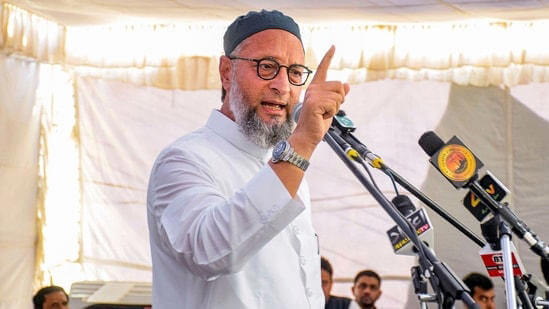
.jpg)
.jpg)
.jpg)


